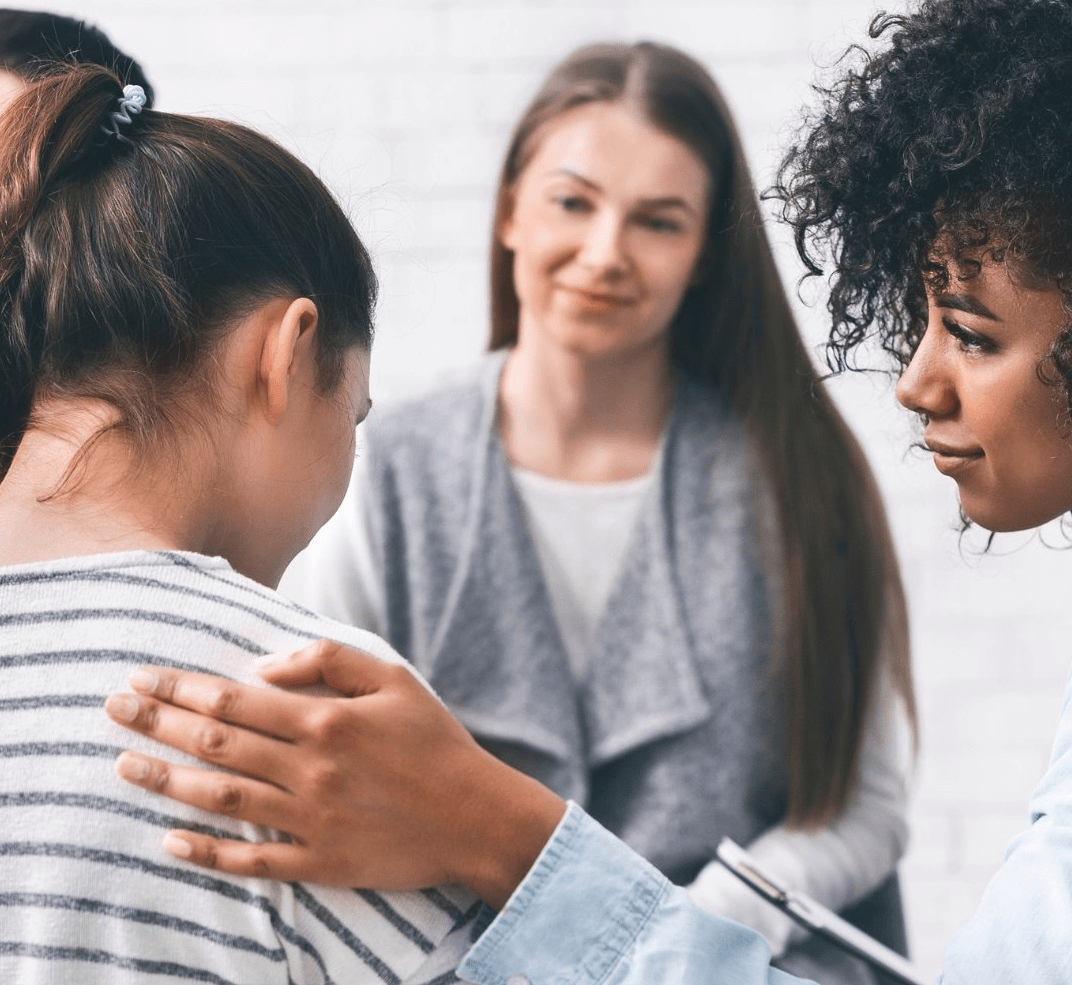Research online: There is a wealth of information available on the internet about addiction. Look for reputable sources such as government websites, non-profit organizations, and educational institutions.
Read books and articles: Many books and articles have been written about addiction and recovery. Look for books written by experts in the field, such as addiction counselors, therapists, and researchers.
Attend support groups: Many local organizations offer support groups for families and loved ones of people with addiction. These groups can provide valuable information, as well as the opportunity to connect with others who are going through similar experiences.
Talk to professionals: Consult with healthcare professionals and addiction specialists such as doctors, nurses, counselors, therapists, and social workers. They can provide you with valuable information and guidance.
Participate in workshops or classes: Many organizations and educational institutions offer workshops and classes on addiction and recovery. Look for classes specifically designed for family members and loved ones.
Join online communities: There are many online communities of people who have been affected by addiction. Joining these communities can provide you with a wealth of information and support, as well as the opportunity to connect with others who are going through similar experiences.
*** Each person’s experience with addiction is unique, so it’s important to keep an open mind and continue learning about the subject as you go along.
*** Treatment options will vary depending on the individual, their addiction, and their circumstances, so consulting with professionals is crucial in determining the best course of action.





